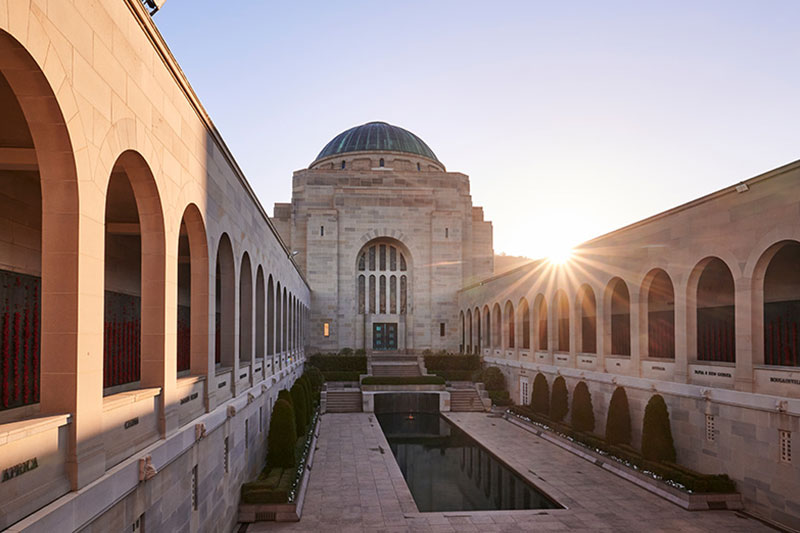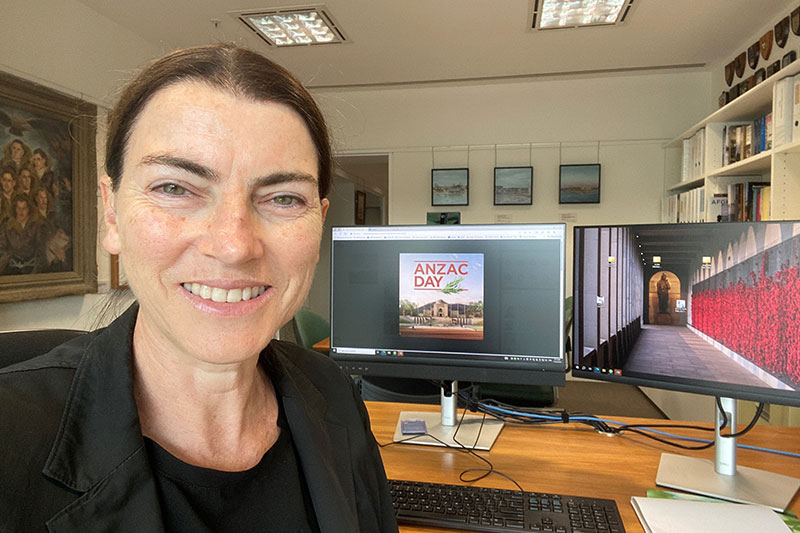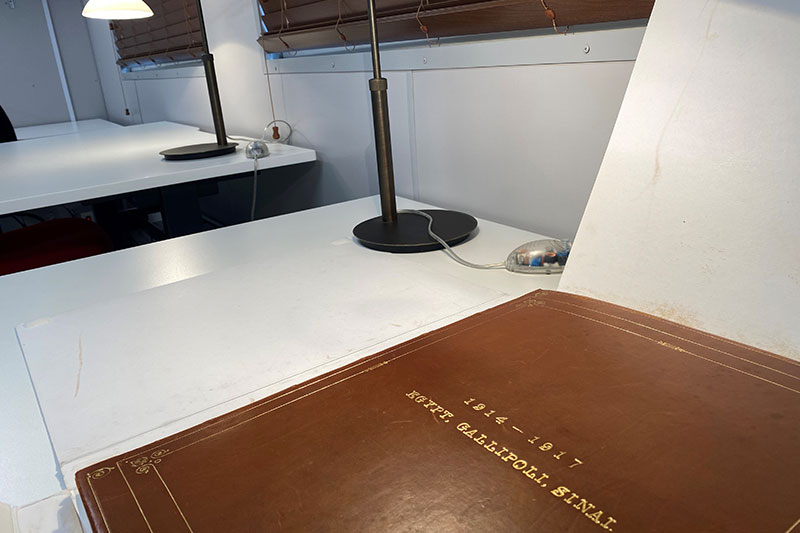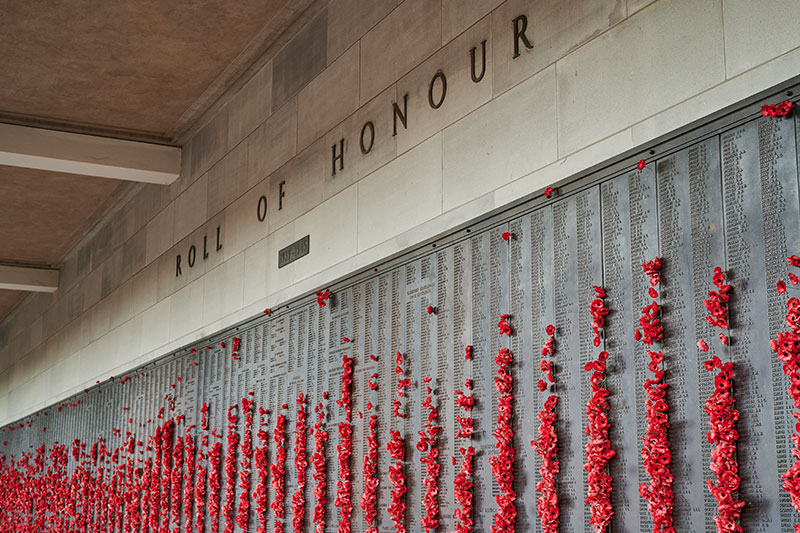17 March 2024
A guide to exploring your family’s military history
About the Australian War Memorial Research Centre
The Australian War Memorial houses a huge collection of military records
In the lead-up to commemorative days like ANZAC Day, many Australians will be thinking about ancestors and living relatives who have served and sacrificed for their country. For those looking to research Australian war service records and deepen the connection to their family’s military history, one of the best public resources available is the Australian War Memorial’s Research Centre.
We spoke with Head of the Memorial’s Research Centre Robyn van Dyk about how to get started with your research.
“Since its inception during World War I (WWI), the Memorial has always intended to be one third archive, one third commemoration and one third gallery,” Robyn says.
“The Research Centre is the Memorial’s library and archive. We’re lucky to have a really comprehensive collection of Australian war records from WWI through to current conflicts, and they’re all held at the Memorial.”
The historic breadth and depth of the Research Centre’s collections are staggering. Millions of digitised pages, 287,000 files, 80,000 rare and modern books and 15,000 private records – such as letters, diaries and manuscripts – are available to peruse.
“We have one of the oldest library and archive collections in Australia. As far as world-class goes, I’d say it’s one of the best for researching family military history, due to the combination of materials that we hold,” Robyn says.
The significance of family military history
Head of the Research Centre Robyn van Dyk
As well as honouring our roots and commemorating those who served, one of the most significant benefits of studying military genealogy is unearthing stories that provide a snapshot of the past.
“I think [as humans], we’re always interested in who came before us; it’s a deep connection which is worth looking for and can be amazing to find,” Robyn says.
“However, service usually has a deep impact and is not an easy experience. The most common thing I’ve found working at the Research Centre has been that people are usually thinking about their loved ones who are no longer here and trying to walk in their shoes.”
Piecing these stories together can be a fascinating and rewarding experience for families. The Memorial has accepted personal artefact donations from veterans since the 1920s, giving researchers of all backgrounds a great opportunity to find something extraordinary.
“You might find details about your family member’s service that you may not have known before – perhaps from a mention in a document, a diary or a photo,” Robyn says.
“For example, we often find families are quite surprised to find that there’s a collection of original letters written by their relative in our collection.”
How to approach your genealogy project
The Memorial's temporary Reading Room (a renovated Reading Room is scheduled to open in late 2024)
Today, conducting family history research is easier and more accessible than ever before. However, if you need support, Robyn’s team at the Research Centre can help. You can either phone them during business hours or submit a military family history enquiry via the Research Centre website.
“Part of our work is to help people understand what happened during war and learn how to research and access their records. If you’re planning on getting some details ahead of major commemorations like ANZAC Day, it’s good to start early,” Robyn says.
“You can ask us anything, no matter whether you’re just starting out or have gone a long way and just have a particular question.”
For novice researchers, Robyn has some advice to kick-start your project.
“Pull together all the records you have at home. A good place to start is the person’s name and service number, as it helps pinpoint where the records are,” Robyn explains.
“If you only have their name, go to our homepage and click on ‘People’ to find a list of Nominal Rolls. If your relative did not survive the war, the Roll of Honour is a better place to start. You might also try searching the National Archives of Australia’s website for Australian service records using RecordSearch.
“The key thing to remember about using databases is to go in broad at first, then narrow down. Don’t load up everything in a search box; just start with a name, service number or unit name. If you find a service record, you pretty much have the basis of where your relative was at a particular time and can go from there.”
The Memorial's Roll of Honour
Find out more
For more information about the Australian War Memorial Research Centre or to request assistance with researching Australian military records, visit awm.gov.au/visit/research-at-the-memorial or call 02 6243 4315.




